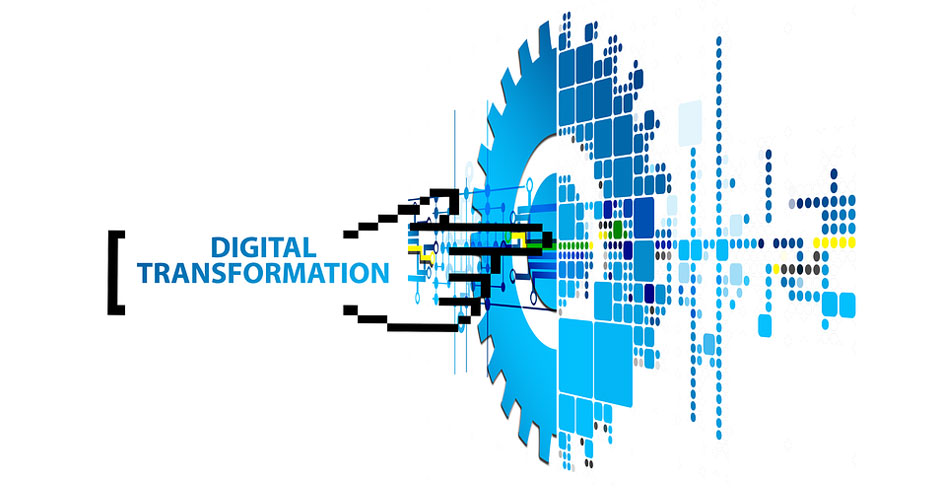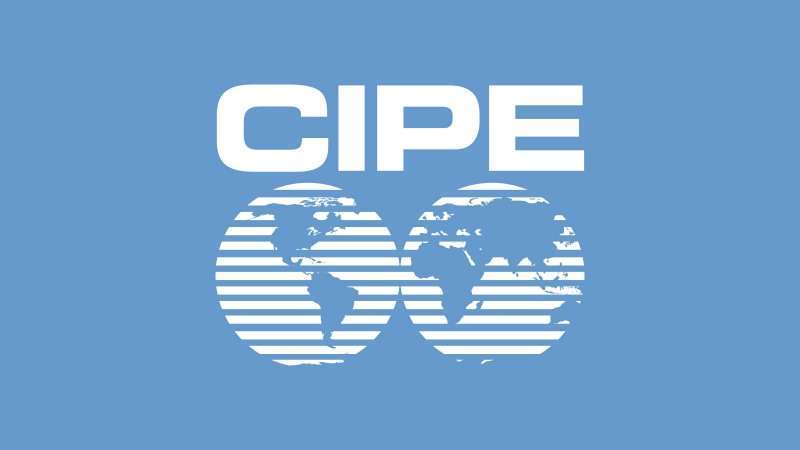By CIPE Writer |
Consumer protection serves as an avenue for promoting transparency, accountability, and trust in the digital age, helping shield both consumers and small businesses from unfair practices online. According to a report by the International Finance Corporation and Google, “Africa’s internet economy has the potential to reach $180 billion by 2025, accounting for 5.2% of the [Continent’s] gross domestic product (GDP). By 2050, the projected potential contribution could reach $712 billion, 8.5% of the [Continent’s] GDP.” As electronic commerce (eCommerce) grows, consumer protection should be seen as an enabler of the digital economy.
Although the United Nations Guidelines for Consumer Protection offer guidance on the main characteristics of effective consumer protection legislation, “consumer protection is often one of the last areas that developing economies focus on regulating as they create frameworks around eCommerce.”
A LONG WAY TO GO
In Africa, very few countries are adequately addressing consumer protection concerns. Of the 54 African countries, only 25 have laws that pertain to online consumer rights and electronic transactions, while only four have draft laws. In other instances, issues pertaining to consumer protection are interspersed between laws.
For example, Uganda enacted laws on electronic transactions, electronic signatures, and computer misuse in 2011, yet gaps still remain in adequately securing online consumer rights. As more African countries develop new legislation and frameworks that seek to govern the digital economy, now is the opportune time for diverse stakeholder groups to engage in policy conversations and ensure that consumer protection is a priority.
IN AFRICA, VERY FEW COUNTRIES ARE ADEQUATELY ADDRESSING CONSUMER PROTECTION CONCERNS.
In addition to identifying opportunities at a local or national level, governments across Africa should work with one another and various stakeholder groups to address Continent-wide consumer protection concerns. The Center for International Private Enterprise (CIPE) and the Collaboration on International ICT Policy for East and Southern Africa (CIPESA) identified the adoption of the Africa Continental Free Trade Agreement (AfCFTA) as an important development that presented an opportune time to advance dialogue and consensus on how to shape and govern the digital economy on the Continent to promote greater regional cohesion, development, and competitiveness.
WORKING TOGETHER TO PROTECT THE DIGITAL ECONOMY
To identify regional opportunities that can positively shape Africa’s digital transformation, CIPE and CIPESA brought together over 35 stakeholders representing the local private sector, civil society, media organizations, and government at the 2019 edition of the Forum on Internet Freedom in Africa (FIFAfrica) in Addis Ababa, Ethiopia. This regional policy dialogue formed the basis of the Roadmap to Reform: Building an Enabling Environment for Inclusive Digital Transformation in Africa.
The Roadmap advocates for the advancement of strong consumer protection legislation across Africa to “help enhance trust in eCommerce across business-to-consumer (B2C) transactions and business-to-business (B2B) transactions that can arise in disputes around digital payments.” Since the multi-stakeholder conversations surrounding the adoption of the AfCFTA in 2019, key recommendations highlighted in the Roadmap to Reform remain timely, as African Union member states begin to implement the agreement after it came into force on January 1 of this year.
There is a unique opportunity for local business communities, civil society, media organizations, and governments to work together and ensure the agreement is implemented in a way that supports an inclusive enabling environment for the digital economy. To read more about the Roadmap to Reform, please visit: https://cipesa.org/?wpfb_dl=426



